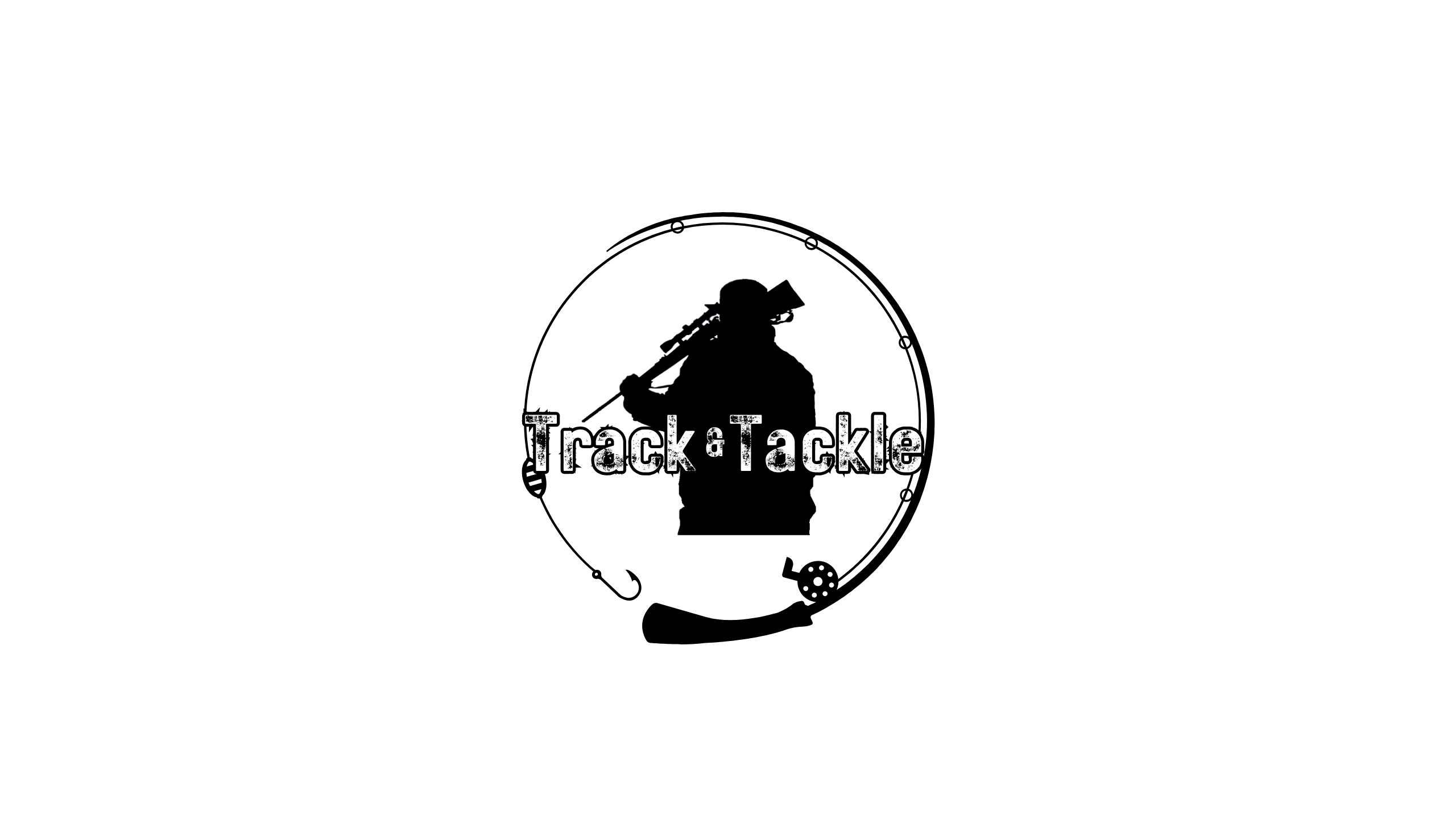our inspiration
Legendary Hunters & Their Legacy
our inspiration
Theodore Roosevelt (1858–1919) – American (USA)
The 26th U.S. President was a passionate hunter and conservationist. His 1909 African safari lasted nearly a year, covering multiple countries and collecting specimens for the Smithsonian Institution. Roosevelt’s philosophy balanced hunting with habitat preservation, making him a great model for sustainable trophy hunting.
Ernest Hemingway (1899–1961) – American (USA)
The famous author was an avid African big-game hunter, spending time in Kenya and Tanzania in the 1930s and 1950s. His experiences inspired books like Green Hills of Africa, capturing the spirit of classic safari hunting.
Jim Corbett (1875–1955) – British-Indian (United Kingdom/India)
A legendary hunter and conservationist, Corbett was famous for tracking and eliminating man-eating tigers and leopards in India. His approach emphasized respect for wildlife, making him an ideal figure for ethical hunting.
Robert Ruark (1915–1965) – American (USA)
A journalist and novelist who hunted extensively in Africa, writing Horn of the Hunter, which became a classic in safari literature. Ruark’s philosophy focused on precision, patience, and respect for the hunt.
Frederick Selous (1851–1917) – British (United Kingdom)
A British explorer, hunter, and soldier, Selous was known for his deep knowledge of African wildlife and ethical hunting practices. His legacy influenced modern conservation efforts.
Jack O’Connor (1902–1978) – American (USA)
A renowned outdoor writer and hunter, O’Connor specialized in big-game hunting, particularly Cape buffalo and lions. His writings helped shape modern hunting techniques.
W.D.M. Bell (1880–1954) – Scottish (United Kingdom)
Known as “Karamojo” Bell, he was a legendary elephant hunter famous for his precision shooting and deep understanding of African wildlife. Bell perfected the “Bell Shot”, a technique for shooting elephants from behind with small-caliber rifles, proving that accuracy and knowledge of anatomy were more effective than sheer firepower. His hunting philosophy emphasized humane kills and efficiency, making him one of the most respected ivory hunters of his time.
Harry Selby (1925–2018) – British-South African (United Kingdom/South Africa)
Born in Frankfort, Free State, South Africa, Selby’s family moved to Kenya when he was young, where they owned a 40,000-acre ranch near Mount Kenya. Though raised in Africa, his British heritage shaped his hunting career. He trained under Philip Percival, a legendary East African hunter, and later became one of Africa’s most sought-after professional hunters. His safari expeditions with Robert Ruark made him famous, particularly through Ruark’s book Horn of the Hunter. Selby’s expertise in guiding high-profile safaris cemented his legacy as one of the greatest professional hunters of his era.
